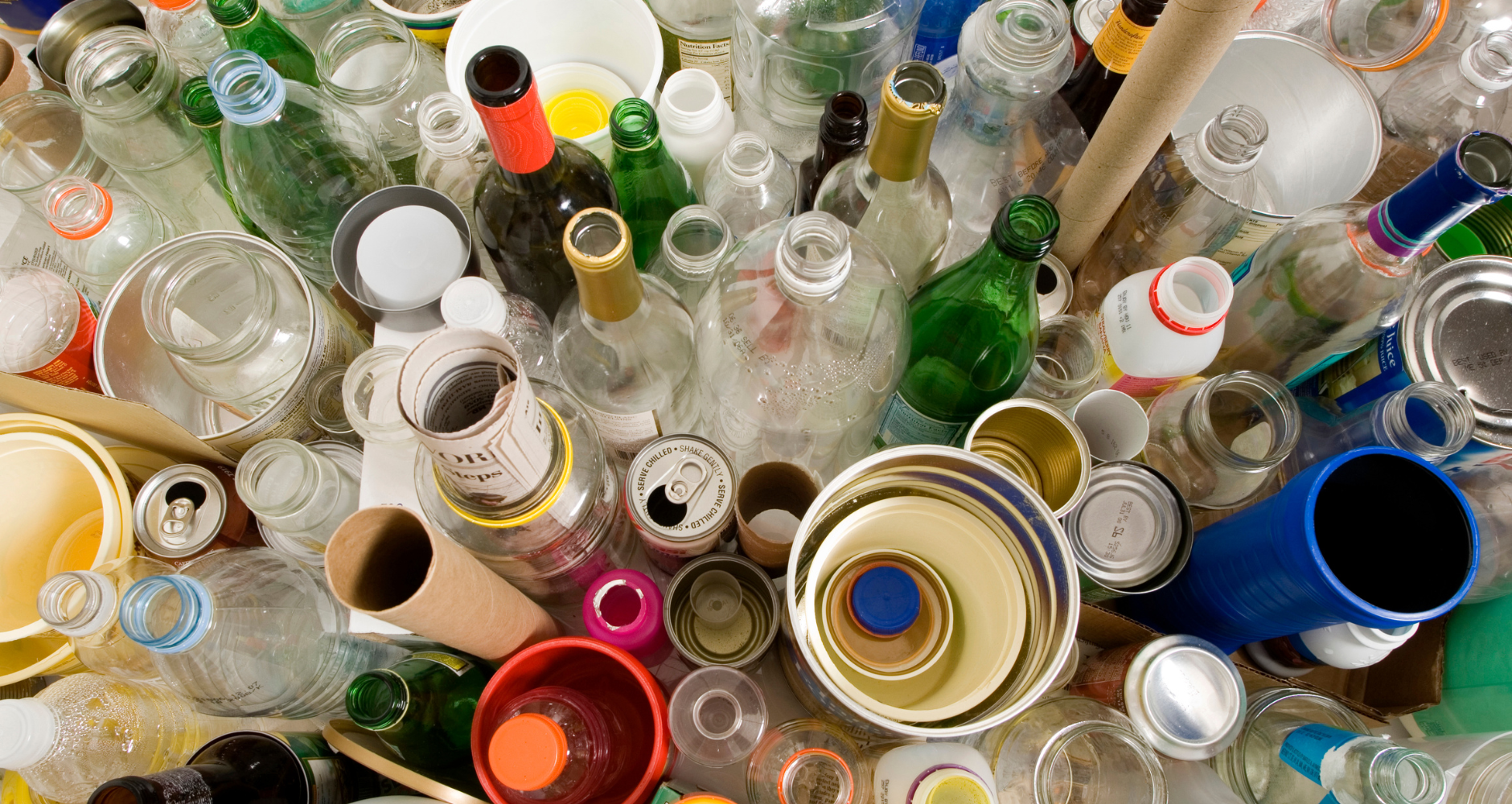Is Recycling Worth It?
Recycling is the process of collecting, sorting and treating waste materials so they can be used again for the same or alternative use. Whether we know a lot or very little about it, recycling is a part of many of our daily habits. Whilst it is not the silver bullet for the circular economy, it is one of the easiest ways to contribute to a circular system and reduce the waste we send to landfill.
Even though recycling isn't the ultimate solution we should be striving for when it comes to reducing waste, instead focussing more on reuse, refurbishing and designing out waste, it is still an interesting way of encouraging creativity in product design and does have some benefits.

Recycling not only helps to conserve our planet’s limited resources – saving energy, and reducing landfill at the same time – but a recent report also suggests that the introduction of more local recycling services and facilities in the UK could create over 60,000 new jobs.
Recycling can also help to create new and innovative materials and products. If you were to take a Network Rail train from Salisbury to Warminster, you’d now be travelling over old plastic bottles and food packaging. This is because Network Rail have recently introduced new railway sleepers made from locally sourced plastic waste; the recycling processes of which produce around 40% less greenhouse gas emissions than the production of their hardwood equivalents.
The creativity doesn't stop there; if you were to need a pair of sunglasses on your travels, look no further than the Cornish company, Waterhaul, who recycle some of the 640,000 tonnes of discarded fishing nets found in the ocean every year into sunglasses.

Above are just two examples of recycling innovations that have helped to divert tonnes of waste away from landfill and oceans – and there are many more examples that the BLUEPRINT to a Circular Economy Project is currently collating.
Ultimately, what these benefits tell us is that as individuals we can support the circular economy by ensuring we properly recycle more of our household waste and support businesses who make use of recycled materials.


